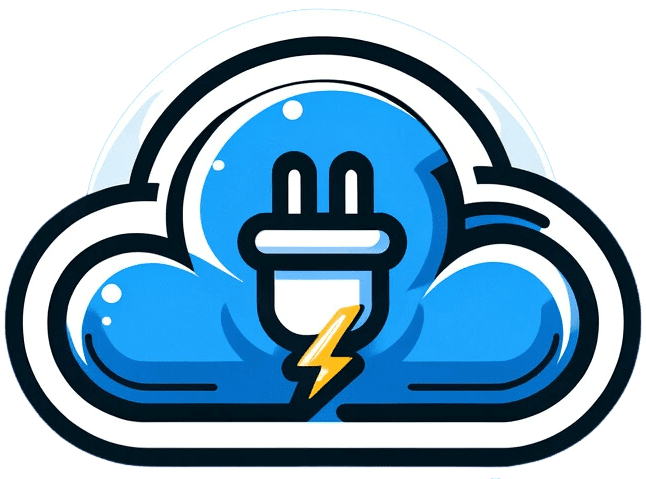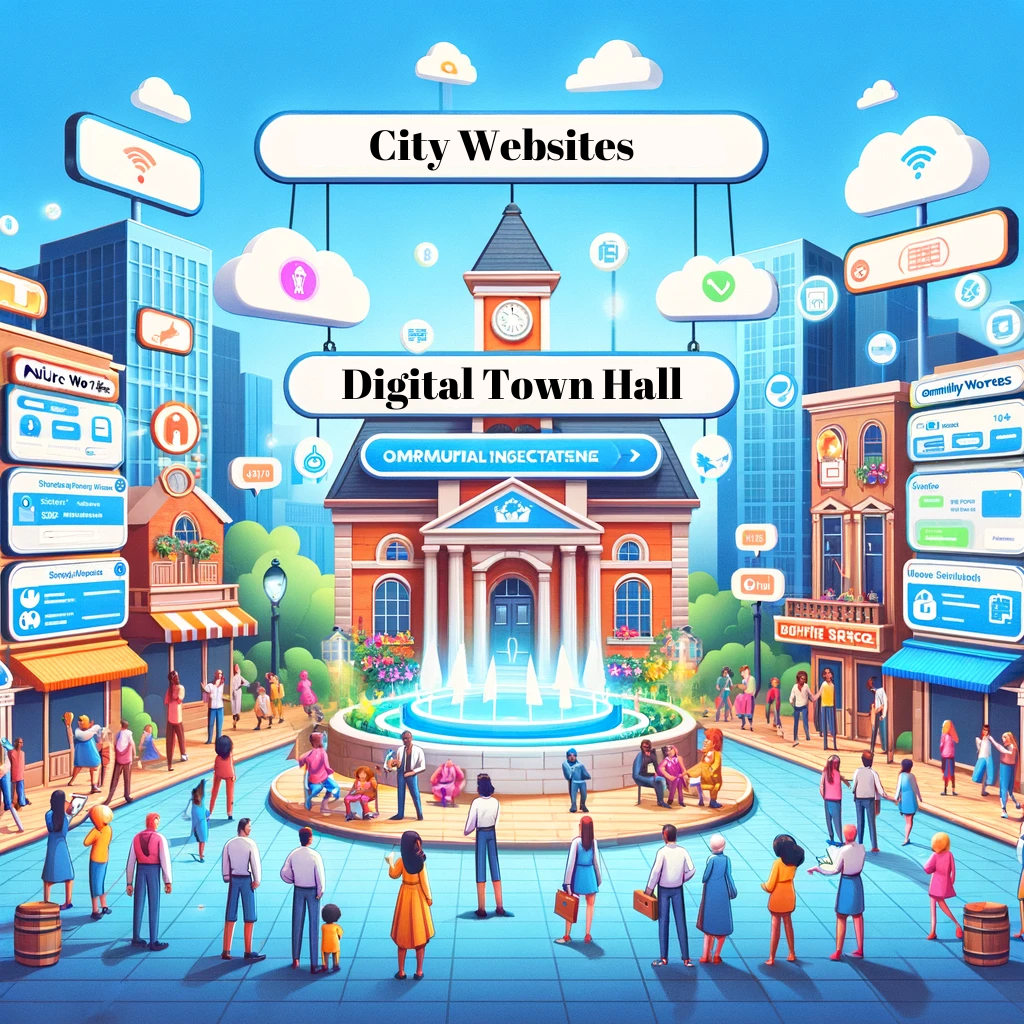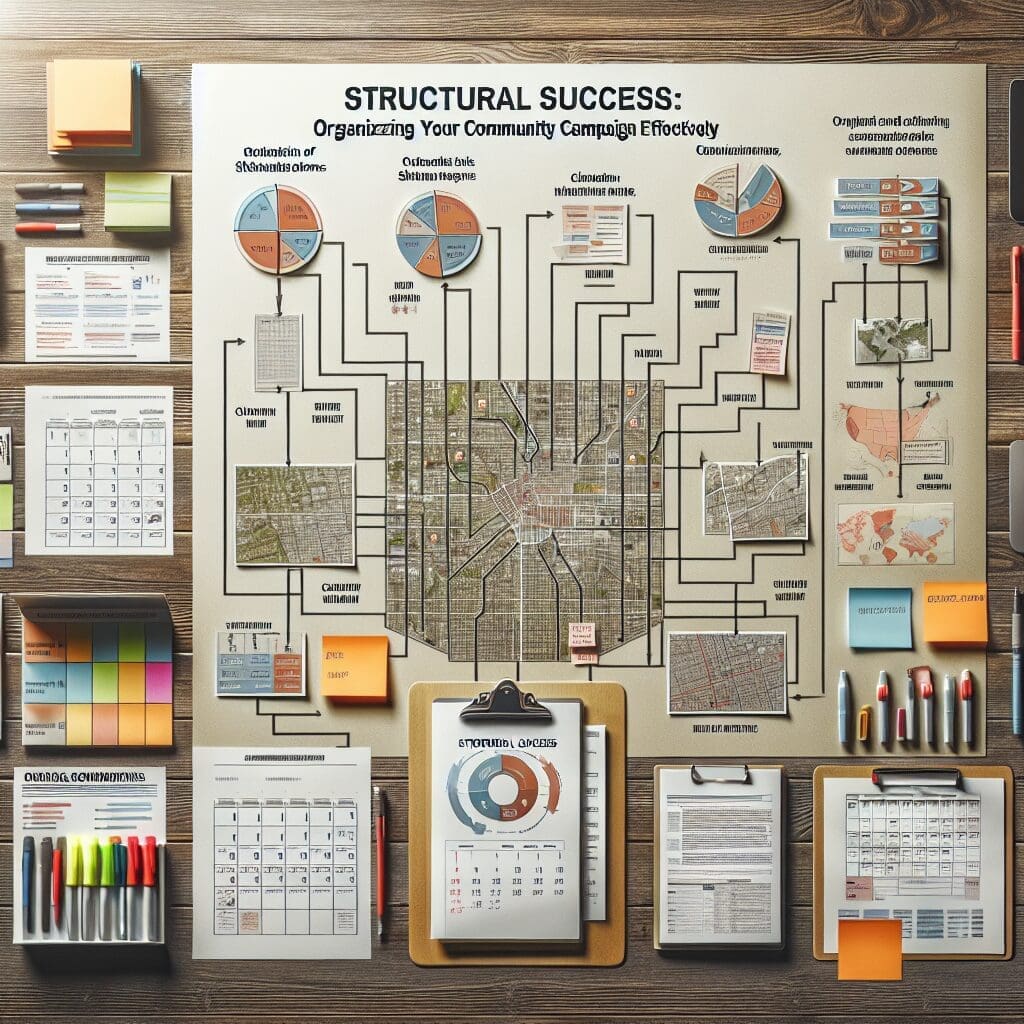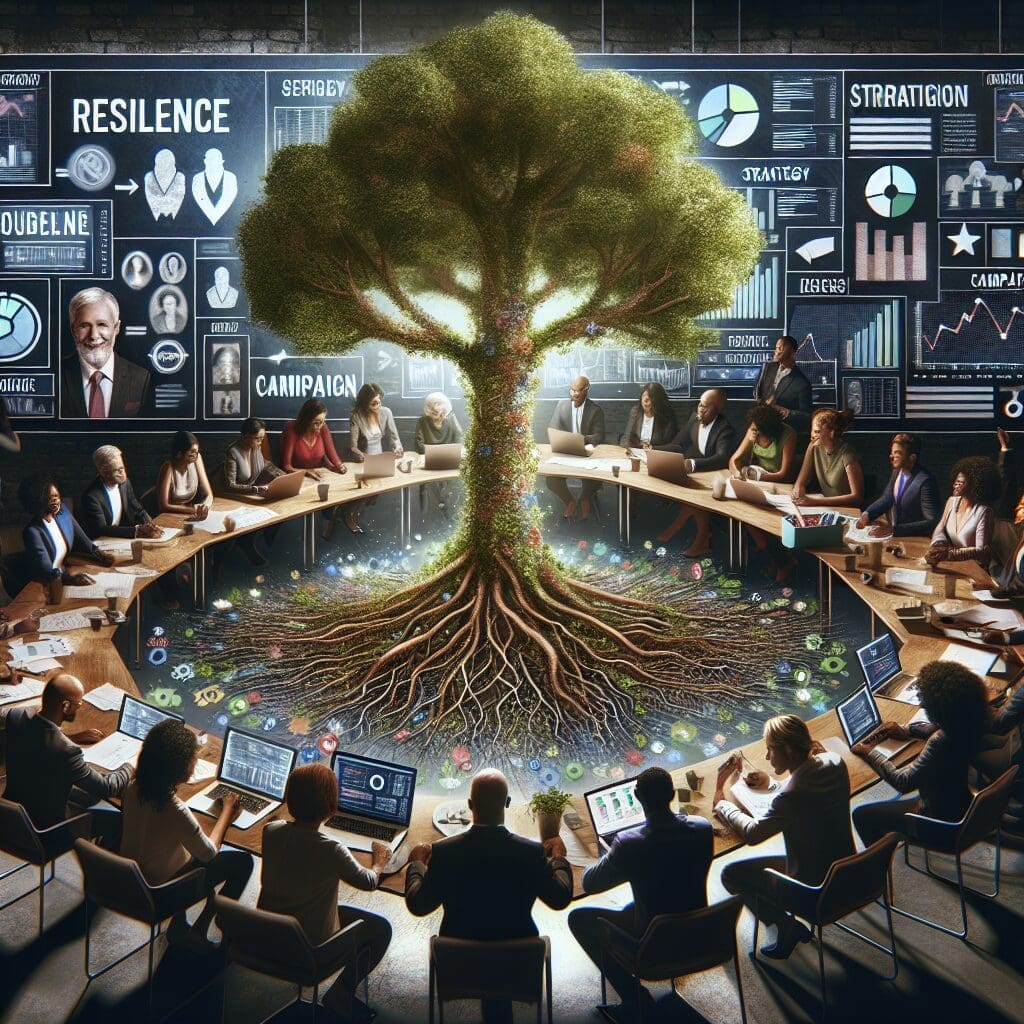City websites are becoming the go-to place for residents to access important information, services, and resources. These websites are the digital equivalent of a town hall, where citizens can engage with their local government, stay informed about community events, and even pay bills online. In this article, we’ll explore how city websites are revolutionizing the way we interact with our local government and why they are the future of civic engagement.
City Websites: The Future is Here!
Gone are the days of standing in line at City Hall to pay your water bill or find out about local events. City websites have made it possible to access a wealth of information and services from the comfort of your own home. Whether you’re looking for information on trash pickup schedules or want to apply for a building permit, city websites offer a convenient and efficient way to get things done.
Not only do city websites provide a more user-friendly experience, but they also help local governments operate more efficiently. By offering services online, city governments can reduce the need for in-person visits and paper-based transactions, which can save time and money for both the government and its citizens. Plus, with the ability to access information 24/7, city websites offer a level of convenience that traditional town halls simply can’t match.
As we continue to move towards a more digital world, city websites will only become more important. By embracing technology, local governments can better serve their communities and create a more connected and engaged citizenry. With city websites, the future of civic engagement is here, and it’s just a click away.
Your Digital Town Hall Awaits!
Imagine being able to attend a city council meeting from the comfort of your living room. With city websites, that’s now a reality. Many local governments are now live streaming their meetings, allowing residents to tune in and participate in the democratic process without ever leaving their homes. This level of accessibility is a game-changer for those who may have previously been unable to attend in-person meetings due to work, family obligations, or mobility issues.
City websites also offer a platform for citizens to provide feedback and share their opinions on local issues. With features like online surveys and comment forms, residents can make their voices heard and contribute to the decision-making process. This level of engagement helps to create a more transparent and accountable government, where citizens can play an active role in shaping their community.
In addition to providing a space for civic engagement, city websites also offer a wealth of resources for residents. From information on local parks and recreation programs to updates on road closures and emergency alerts, city websites are a one-stop-shop for everything you need to know about your community. With easy-to-navigate menus and search functions, finding the information you need has never been easier.
City websites are the digital town hall of the future, offering a level of convenience and accessibility that traditional town halls simply can’t match. With the ability to access information and services online, residents can stay informed, engaged, and connected with their local government. As we continue to embrace technology, city websites will only become more important, serving as a vital tool for building stronger and more vibrant communities. So why wait? Your digital town hall awaits!
City websites often incorporate 311 CRM (Customer Relationship Management) systems, also known as Citizen Reporting platforms, which are instrumental in fostering a responsive and interactive relationship between local governments and their constituents. These platforms allow residents to report non-emergency issues such as potholes, graffiti, streetlight outages, noise complaints, and more. By doing so, citizens play an active role in community upkeep and improvement, while the city ensures transparency and accountability in addressing these concerns.
When a report is made through a 311 CRM service, the issue is logged, and the appropriate city department is notified for follow-up. The system typically assigns a tracking number to each report, which residents can use to check the status of their requests and receive updates. This process not only streamlines the resolution of urban issues but also collects valuable data that city planners and administrators can use to identify and prioritize infrastructure improvements and other community needs.
Furthermore, some city websites integrate mapping technologies with their 311 services, enabling users to pinpoint the exact location of their concern on a map. This feature enhances the accuracy of the reports and aids city workers in locating and resolving the issue more efficiently.
The integration of 311 CRM systems into city websites exemplifies how digital tools can enhance civic engagement and service delivery. These platforms serve as a bridge between the public and city management, ensuring that the voice of the community is heard and acted upon, ultimately contributing to a higher quality of urban life and stronger trust in local government.




